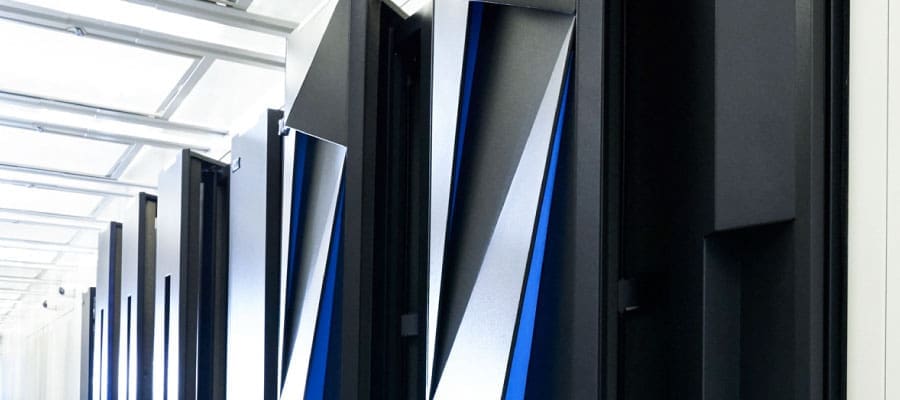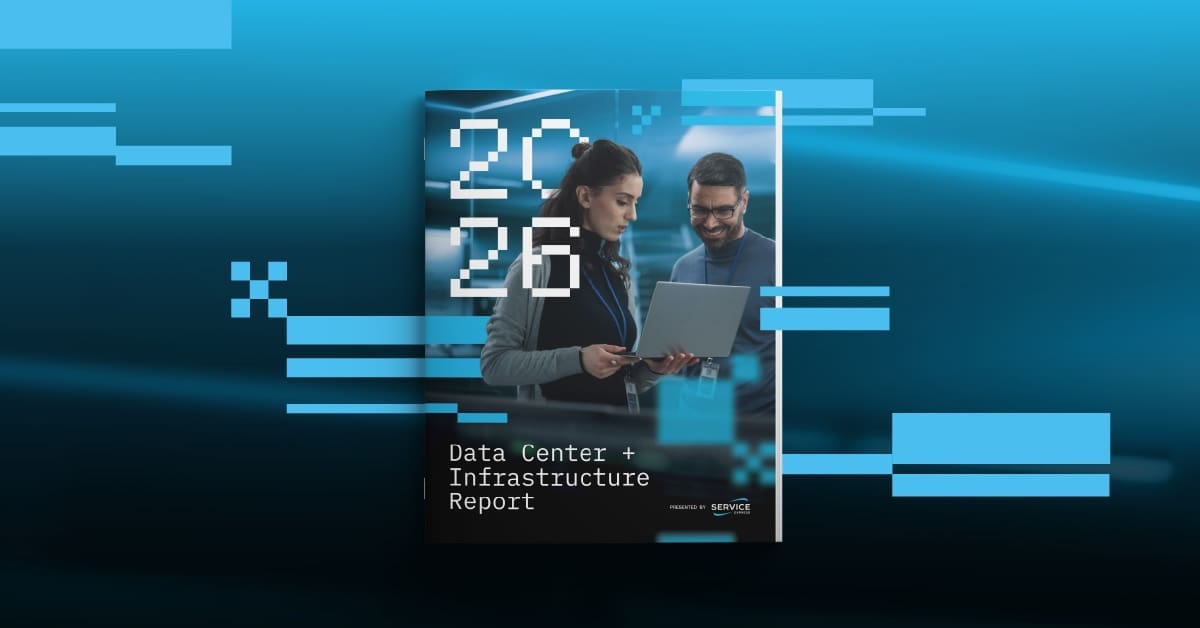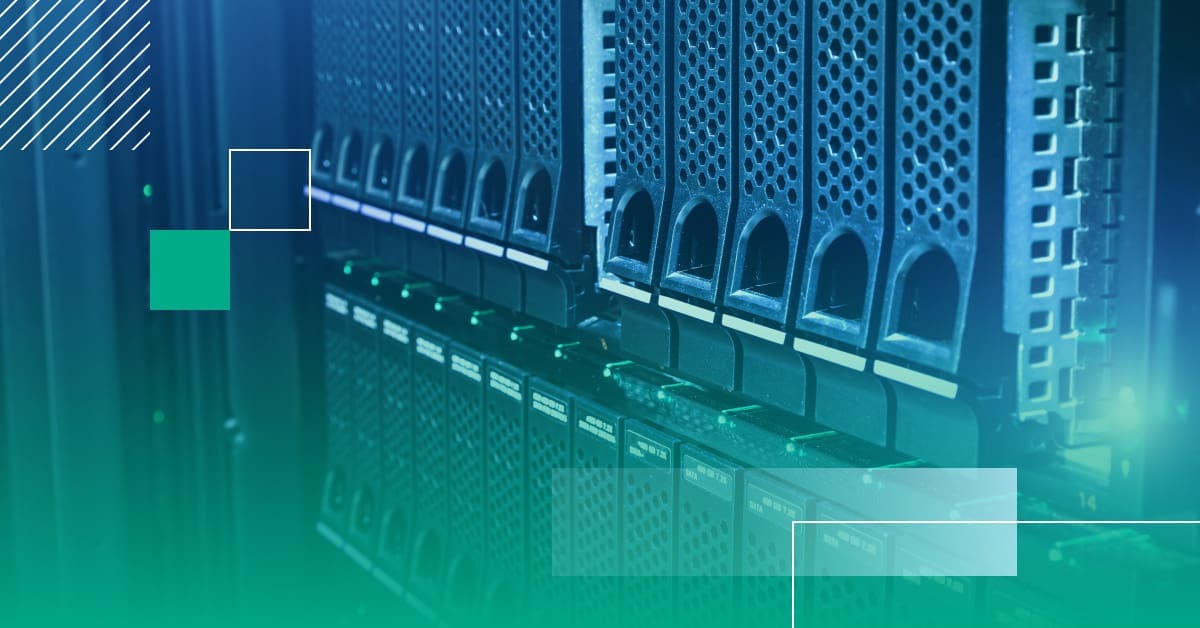How we consume software is changing as companies move away from individual licences that never expire to subscriptions. This trend is increasingly popular among investors due to its recurring revenue model, so I expect to see it continue.
Similar to other providers in the IBM i community, IBM will begin migrating its customers to subscription licences. The days of transferring your IBM i licences end with this change; effective May 7, 2024, you’ll no longer have the option to transfer your licence to a new Power® system with a tier P05 or P10. Although there hasn’t been an announcement for the P20 and P30 tiers, we’re certain those changes are coming — we just don’t know when.
How we got here
In May 2022, IBM announced that the IBM i software subscription would be available as an alternative to non-expiring licences. In February 2023, the subscription became available for P05, P10 and P20 tiers and Merlin (Modernisation Engine for Lifecycle Manager). In May 2023, the RDi and RDS LPPs were also available by subscription. All of this was optional, giving customers a choice.
The announcement in August 2023 focused on transitioning non-expiring licence customers to subscription licencing. The first step is withdrawing non-expiring licences for P05 and P10 tiers, effective May 7, 2024. If you have a P05 or P10 tier licence and purchase new hardware after this date, you’ll receive a subscription licence instead of completing a licence transfer.
What is the IBM i subscription model?
The IBM i subscription is available for Power9 and Power10 and supports 7.2, 7.3, 7.4 and 7.5, including your core licence, users, zero-dollar LPPs and software maintenance. Maintenance is standard Monday through Friday, 9–5 support, which you can upgrade to complete 24/7 support. Like maintenance, you can select a term between one and five years. The entry point is lower than a non-expiring licence.
You can add LPPs with a cost, such as Merlin, RDi and RDS, to your subscription. IBM announced on January 9 that BRMS (Backup, Recovery and Media Services for i) is now available by subscription, along with IBM Cloud Storage for i. Cloud Object Storage is available as a 90-day option for migration projects. IBM plans to make all LPPs available by subscription.
How does it affect my organisation?
This won’t affect you if you have an active maintenance agreement and don’t plan to upgrade to new hardware in 2024. IBM’s statement of direction indicates that IBM will offer a lower-priced subscription for customers with non-expiring licences for active software maintenance. So far, we don’t know what that’ll look like; we’re waiting to hear more from IBM.
Benefits of an IBM i subscription licence
There are benefits to having a subscription licence over a non-expiring licence. Board members, directors and executives like subscription terms because they make budgeting more manageable and predictable. Subscriptions can help eliminate missed software maintenance payments through auto-renew and offer a lower entry point for new customers. Smaller companies with lapsed software maintenance may save money by moving to subscription pricing and avoiding after-licence fees. The other significant benefit for everyone is that the licence is portable to a new system. You can maintain the term — and lower cost — you already paid for when you upgrade.
We don’t know all the details yet, but we’ll keep you updated as we learn more. We do know that acquiring a new Power10 before May 7, 2024, will save you money. If you’re considering a new Power10 in 2024, connect with us to discuss your options sooner rather than later.
Topics:



